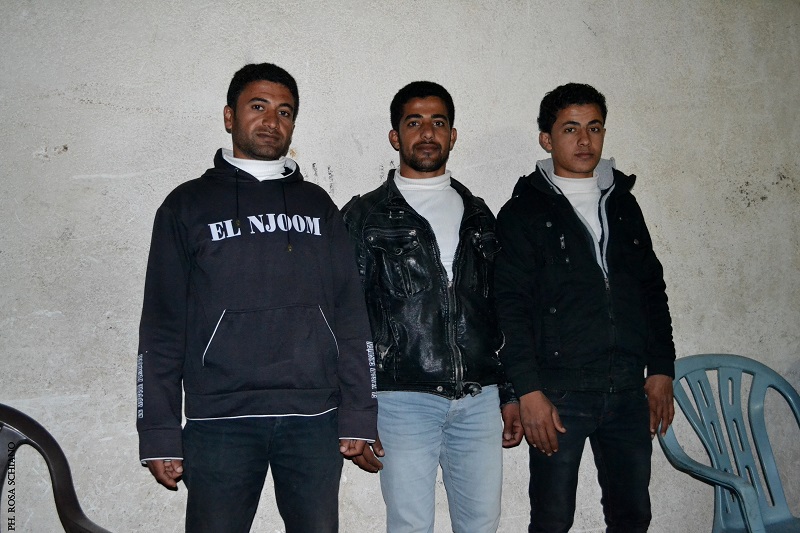Tag: Beit Lahiya
-
Gaza’s economy shattered by Israeli siege
15th January 2014 | International Solidarity Movement, Rosa Schiano | Gaza, Occupied Palestine A recent report by the Chamber of Commerce, Industry and Agriculture in Gaza says the Israeli authorities have closed Karm Abu Salem (Kerem Shalom) checkpoint, the Gaza Strip’s only commercial crossing, for 150 days, 41% of working days, during 2013. The reports points out that…
-
Palestinian fisherman kidnapped by the Israeli navy in Gaza waters
11th January 2014 | International Solidarity Movement, Rosa Schiano | Gaza, Occupied Palestine On Wednesday, 8th January 2014, 27-year-old Palestinian fisherman Mohammed Sultan Al Khader had was arrested by the Israeli navy in Gaza waters. He had been fishing with his two brothers, Ahmad and Hamdi, on a small fishing boat, called a hasaka. Al Khader was released…
-
Palestinian child wounded by Israeli gunfire while harvesting potatoes in Gaza
17th December 2013 | International Solidarity Movement, Rosa Schiano | Gaza, Occupied Palestine On Sunday, 15th December, a young Palestinian was injured by Israeli gunfire in Beit Lahia in the northern Gaza Strip. Mohammed el-Shanbary, age 17, was harvesting potatoes. “I went to work at 9 am,” el-Shanbary said. “After about 30 minutes, the soldiers…



